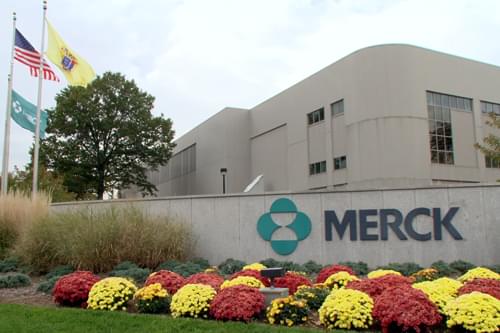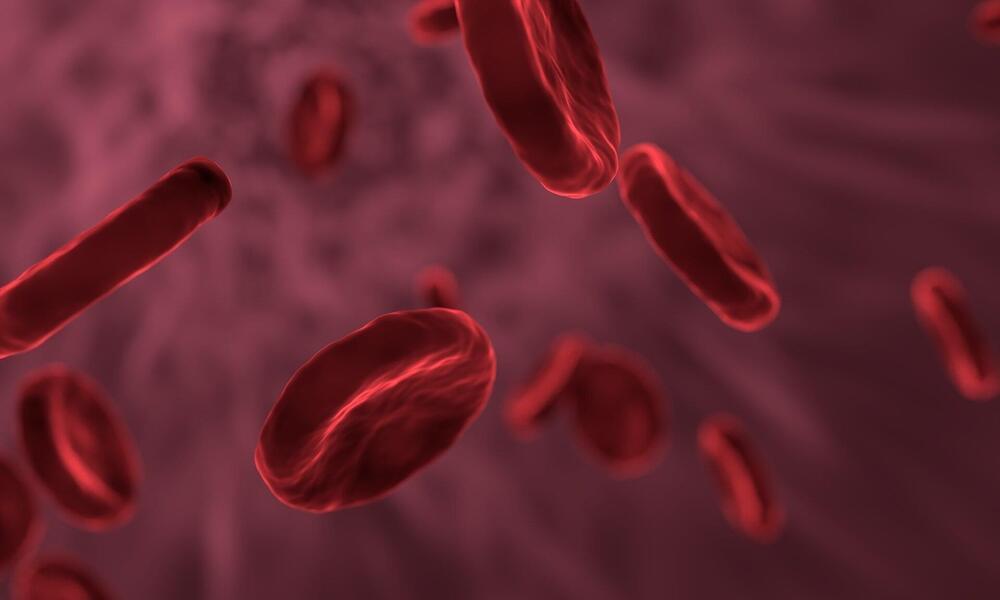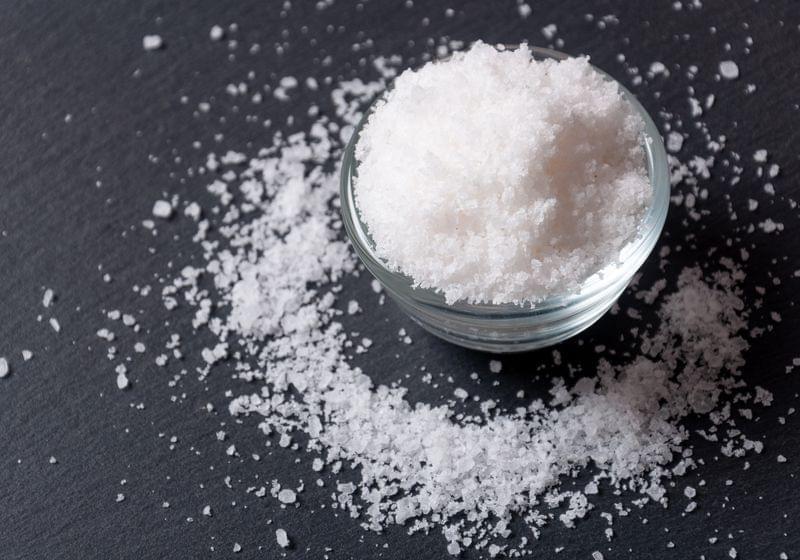Merck, known as MSD outside the US and Canada, and Ridgeback Biotherapeutics have announced that its MOV-e-AHEAD study has started to enrol its first participants to test antiviral molnupiravir in post-exposure prophylaxis of COVID-19 infection.
The global study will include approximately 1,332 participants who are 18 years or over and reside in the same household as someone with laboratory-confirmed SARS-CoV-2 infection, has at least one sign or symptom of COVID-19 and has not had those signs and symptoms for more than five days.
Participants will be randomised onto molnupiravir, an investigational oral antiviral therapeutic, or placebo every 12 hours for 5 days. The trial will not look at vaccinated people, those who have had COVID-19 before or anyone showing signs or symptoms of infection.
The MOVe-AHEAD trial will test whether the drug prevents infection in those living in the same household as someone with confirmed COVID-19.







